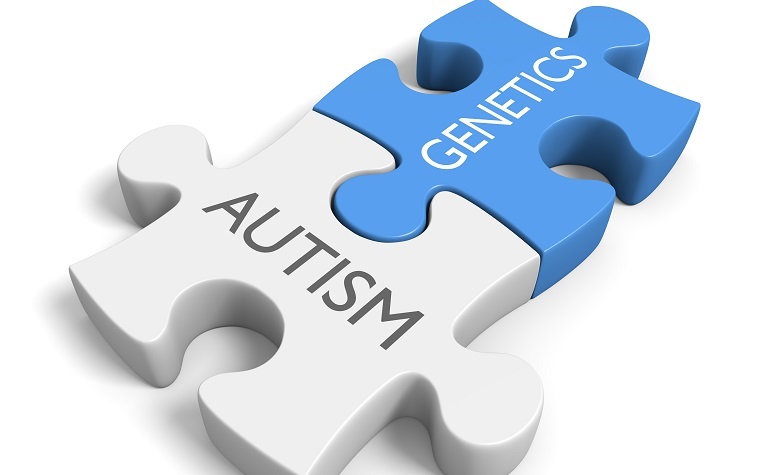
A new study from Kaiser Permanente shows that younger siblings have a higher risk of developing autism spectrum disorder (ASD) if they have older siblings who have ASD.
The chance is 14 times higher for these younger siblings. This same risk is consistent no matter the gestational age at the siblings’ birth.
"It's possible that parents who have an older child with an autism diagnosis are more likely to have their younger siblings tested, too, resulting in a higher rate of diagnoses among younger siblings, compared with parents who do not have children diagnosed with an autism spectrum disorder," Dr. Darios Getahun, study senior author, Kaiser Permanente Southern California, said.
ASD impairs communication and social interaction, in addition to causing repetitive and restricted behavioral patterns. Out of every 68 children, one will have ASD.
"Our study provides additional insights into how autism affects siblings," Getahun said. "These findings also contribute to a better understanding of the influence of factors such as gender on autism risk."
In addition, the study showed significant differences in children’s treatments and diagnoses depending on their sex.
"Previous research has indicated that girls may be less likely to be referred for a diagnostic assessment or, if referred, they may be more likely to be misdiagnosed than boys," Getahun said.
The study is available in the Journal of Developmental & Behavioral Pediatrics.